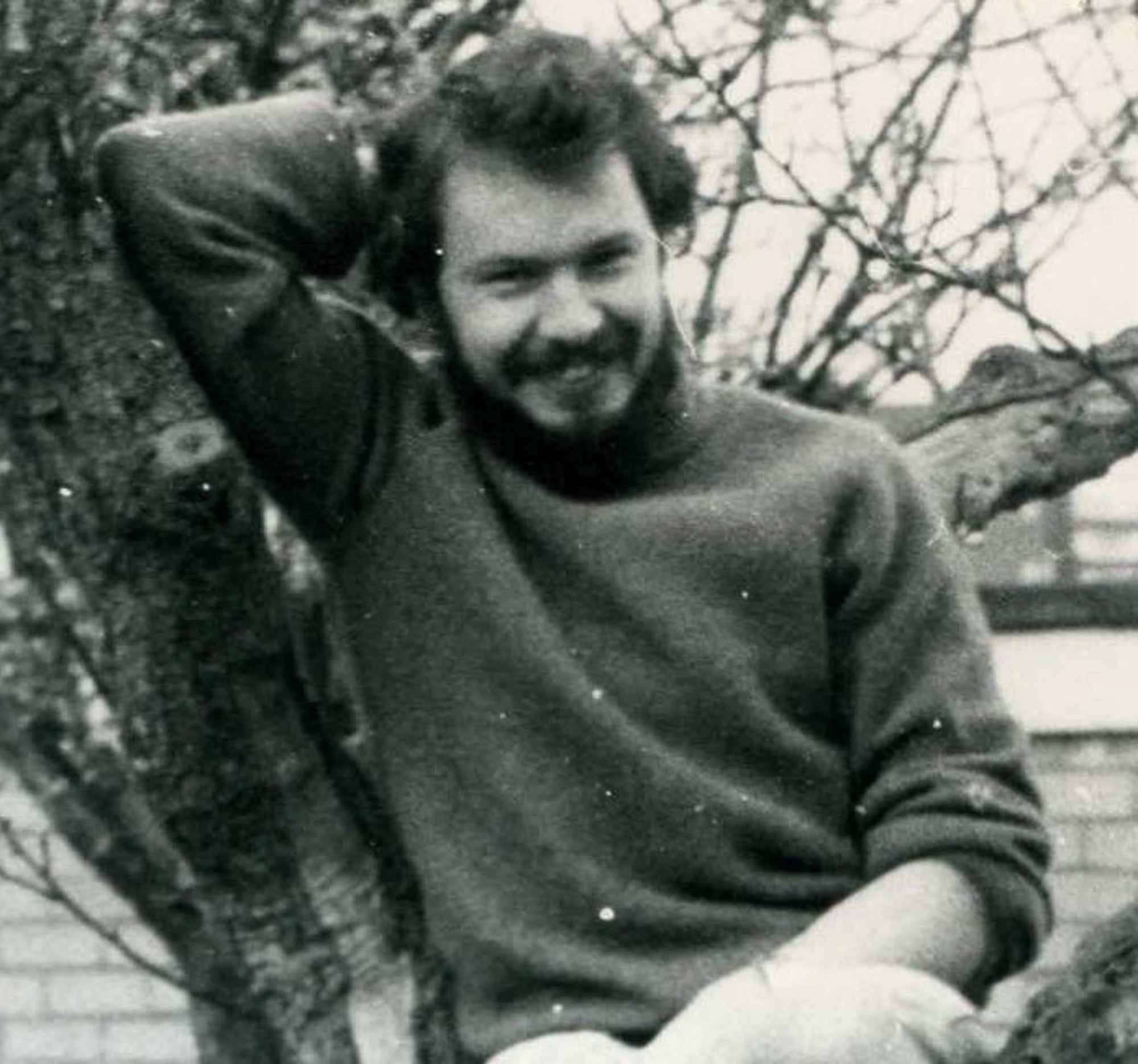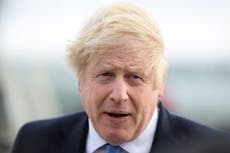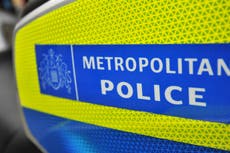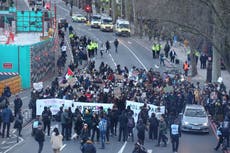Daniel Morgan murder: Met Police ‘not fit for purpose’ to tackle corruption within ranks
Home secretary ‘very disappointed that serious issues persist’ in force
The Metropolitan Police’s approach to tackling corruption within its own ranks is “not fit for purpose”, a watchdog has found.
In a damning report, carried out by Her Majesty’s Inspectorate of Constabulary and Fire and Rescue Services (HMICFRS), and published on Tuesday, the force was also accused of recruiting people with criminal connections in the last two years.
The Met welcomed the review and said it was committed to tackling corruption.
It follows the failed investigation into the 1987 murder of private investigator Daniel Morgan, 37, who was attacked with an axe in the car park of the Golden Lion pub in Sydenham, southeast London.
The inquiry into his death was hampered by poor policing and potentially corrupt links between detectives, suspects and journalists. Despite six investigations and inquiries into the murder – for which a £50,000 cash reward for relevant information is still being offered – no one has ever been convicted.
Home secretary Priti Patel called in HMICFRS after an independent inquiry into how the Met handled Mr Morgan’s case found it was institutionally corrupt, saying it had concealed or denied failings to protect its reputation.
She said police standards “must be immediately improved” because the public “put their trust in the police and expect them to carry out their duties to the highest professional standards”.
The cabinet minister said: “Whilst the report found some examples of impressive work, I am very disappointed that serious issues still persist. I expect the mayor of London and the new commissioner to reverse these deficiencies as a matter of urgency.”
Matt Parr, the inspector of constabulary, added that the watchdog’s recommendations for change must be “among the commissioner’s highest priorities” in order to restore public trust in the force.

The current Met Police commissioner, Cressida Dick, dramatically resigned from the post last month. It followed a series of damaging controversies within the force under her command – the last being a messages scandal in which serving police officers were found to have sent racist, homophobic and misogynistic messages to one another via various social media apps – which Sadiq Khan accused her of failing to deal with.
Mr Parr, of HMICFRS, echoed these sentiments today, accusing the force of not being “fit for purpose” under its current “arrangements”. He said it was “unacceptable” that 35 years after Mr Morgan’s murder, the Met still had not done enough to ensure its failings from that investigation could not be repeated.
According to the findings:
- In the last two years, the Met recruited people with criminal connections and more than 100 people who have committed offences. Some of these decisions “may have been justifiable, but the force failed to properly supervise these people to lessen the risks”
- Property and exhibits procedures were “dire”. Hundreds of items were not accounted for, including cash and drugs
- The force does not know whether all those in sensitive posts – such as child protection, major crime investigation, and informant handling – have been cleared to the level of security vetting needed
- More than 2,000 warrant cards issued to personnel who had since left the force were unaccounted for
- The Met still “does not have the capability to proactively monitor its IT systems, despite repeated warnings from the inspectorate” (IT monitoring is used by most forces to help identify corrupt staff)
HMICFRS did, however, acknowledge the force’s “capability to investigate the most serious corruption allegations is particularly impressive”. It added that although there was much to criticise, based on this inspection “it would not describe the Met as institutionally corrupt”.
Still, failings into Mr Morgan’s case specifically continue to cause the force an array of issues. Last week, his family – who are suing the Met – claimed a “culture of corruption” continues to “flourish at the highest ranks”.
Officers denied these accusations, instead insisting the Met could be the “police service that London deserves” as it promised to keep trying to solve Mr Morgan’s killing.
Join our commenting forum
Join thought-provoking conversations, follow other Independent readers and see their replies
Comments




Bookmark popover
Removed from bookmarks